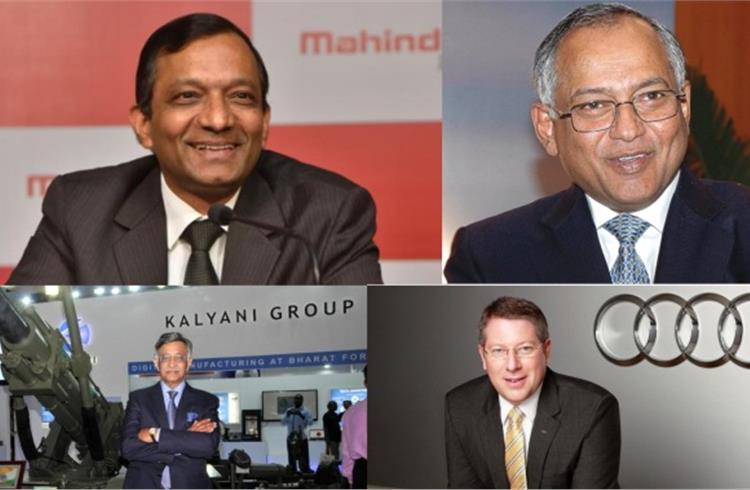India Auto Inc comments on Union Budget 2016
Even as Indian Auto Inc is busy reading the fine print of the Budget 2016 and checking out what specifically affects their companies, we bring some of their responses.
Even as captains of the automotive industry – both vehicle manufacturers and component suppliers -- are busy reading the fine print of the Union Budget 2016 and checking out what specifically affects their companies and the sector they operate in, we have begun receiving responses. Here are some of them:
Dr PAWAN GOENKA, Executive Director, M&M
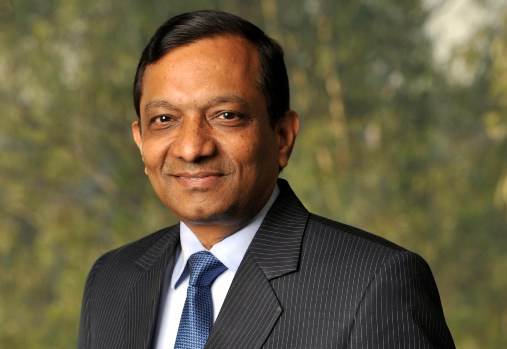
"The Budget places strong emphasis on agriculture, rural economy, infrastructure and social sector. This is what I was hoping for. The resurgence and thrust on the PPP in infrastructure is most welcome. I also appreciate laying down some very clear goalposts on farm income and on village electrification. Perhaps, more could have been done for financial sector and taxation, though staying with the FRBM target was an unexpected bold move and perhaps does put some spending constraints on the government.
On the face of it, imposing up to 4% cess on passenger vehicles is a concern for auto industry. However, one has to take it in stride in view of all the priorities that we have for our economy and we in the industry have to manage it. It would have been good if some of the additional revenue from this cess was used to phase out older vehicles.”
RAVI PISHARODY, Executive Director, Commercial Vehicles, Tata Motors
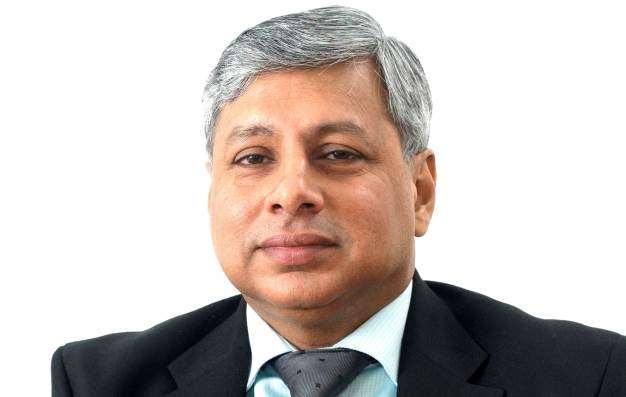
“Tata Motors welcomes the Union Budget. We are particularly encouraged with the government opening up private participation to the public road transportation sector, for a potential to address commuters' grievances, by enhancing the quality of public road transportation services. Boost in spends related to infrastructure and construction of roads and highways, will help increase spends on commercial vehicles, at the same time improve last mile distribution. Positive changes to custom duty will help further the country’s Make in India initiative. Amendments to the Motor Vehicles Act, removing permits for plying small passenger vehicles, will encourage small entrepreneurs, and more importantly ensure safe and efficient last mile connectivity, across states.”
BABA KALYANI, Chairman, Bharat Forge

“A good Budget on expected lines which has managed to keep fiscal deficit at 3.5% of GDP and focus on reviving investment cycle driven by infrastructure and rural development inspite of various domestic and external challenges. Various initiatives that have been initiated by the government like Make in India, Skill India and “Start Up India will move the economy in right direction. Further relaxation in ease of doing business is positive for industry and entrepreneurs.”
RC BHARGAVA, Chairman, Maruti Suzuki India
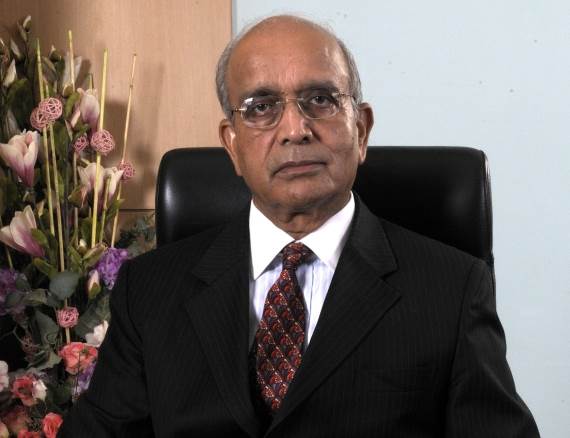
Maruti Suzuki India, with its large stable of small cars, is expected to take the biggest hit with the Budget’s additional tax of 1%. Chairman RC Bhargava told Autocar Professional that it will lead to a car price hike which in turn will lead to loss in sales to some extent for the company.
According to him, the Ministry’s attempt to reduce pollution by imposing the additional cess on cars is not justified as the total passenger cars portfolio – both diesel and petrol – constitutes just 2 percent of the PM2.5 level in Delhi as per the IIT Kanpur study and hence is not a major pollutant.
“Already conforming to Euro 6 emission norms by 2020 has put a load on the industry in a short span of 4 years. At this stage, an additional cess on motor vehicles does not seem to be a correct step and it should be rolled back,” adds Bhargava.
VENU SRINIVASAN, Chairman & MD, TVS Motor Co
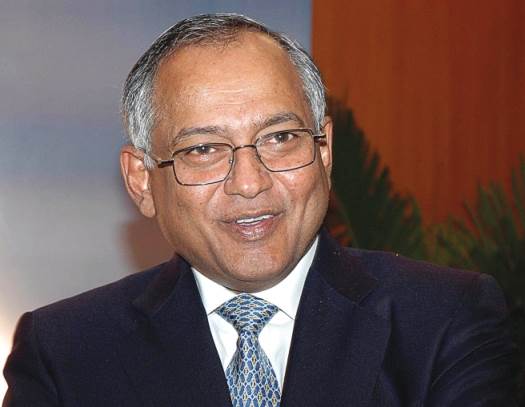
"It is a fairly balanced Budget. The rural economy is in distress. Some very positive steps have been taken in the Budget. As for the two-wheeler industry, we should look forward to a good year in FY2017. I expected the finance minister to go a little bolder in recapitalising the banks though."
VIKRAM KIRLOSKAR, Vice-Chairman, Toyota Kirloskar Motor
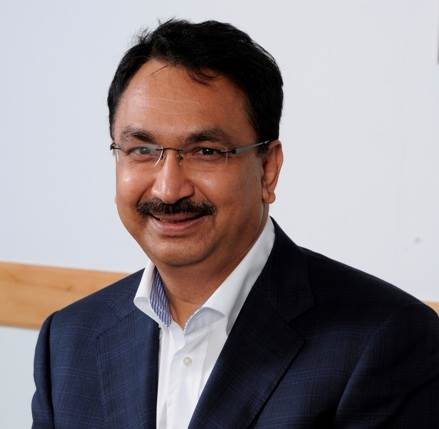
“Part 1 of the Budget gave an excellent midterm and long term direction to the economy. The vision of doubling farmers’ income by 2022 is very heartening. I hope that the set direction is followed diligently in the coming years as the contribution to the nation's economy will be significant. I am particularly pleased on the direction given to agriculture, rural India and infrastructure.
I am concerned about the extra green tax on cars. The auto industry has started recovering after a few bad years and this could dampen growth. The industry has to spend enormous monies on meeting the accelerated regulations on safety and emission and any extra tax is a significant burden. I am OK with the green tax if it is used to incentivise scrapping of BS I and BS II vehicles and promote the sales of alternate fuel technology vehicles which would help the environment too.”
SHEKAR VISWANATHAN, Vice-Chairman, Toyota Kirloskar Motor
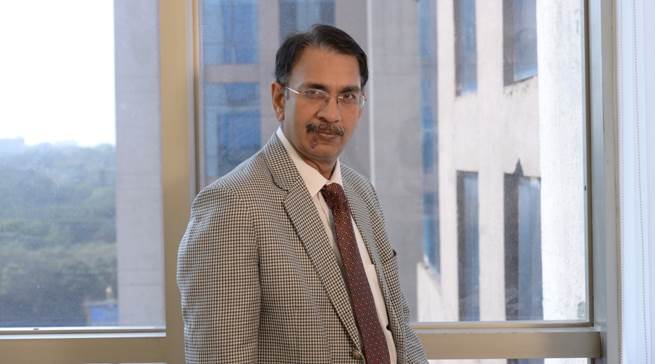
"We would have expected some measures to promote alternate fuel technologies which would have helped the environment also. We would encourage the government not to just think based on the size of the vehicle which has no relation to the technology. Taking older vehicles off the road should be a priority for the government. We compliment the measures and schemes which have been introduced to benefit the masses and also thrust on infrastructure which would have a long term impact on the growth of the nation."
RAKESH SRIVASTAVA, Senior VP (Sales & Marketing), Hyundai Motor India
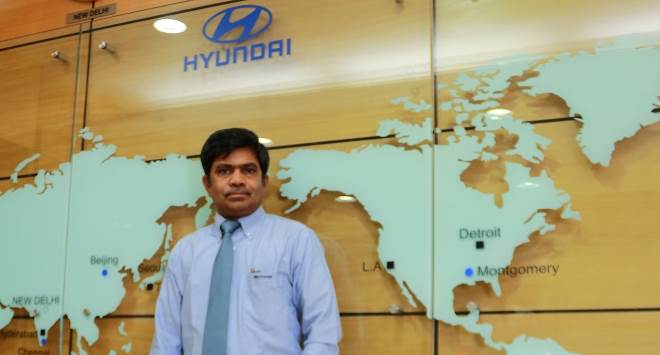
Hyundai Motor India’s Rakesh Srivastava told Autocar Professional that the additional infrastructure cess will have to be passed onto the consumer almost immediately and will be added at the factory level. It will be billed to the dealer at the higher tax rates on the new consignments.
“The finance minister has looked towards rural revival along with an infrastructure push and social welfare to restart the economy. It is an attempt towards fiscal prudence, enhancing demand and policy reform to address the strong headwinds in the global economy. The last few months have been challenging in terms of low volumes and growth and there were expectations of a scrappage scheme to revisit vehicles high on emissions and low on mileage. This was in addition to investment incentives to bring in more hybrid and fuel cell vehicles. In light of this, the increase in taxes comes as a dampener and will affect the entire spectrum of petrol and diesel vehicles.”
SUMIT SAWHNEY, Country CEO & MD, Renault India Operations

The Budget clearly focusses on a long-term vision aimed at high growth, together with emphasis on the fiscal deficit, and keeping big bang investments in check. But policies for the automobile sector remain largely unchanged.
The automobile industry features in the ‘Make in India’ program, and has been identified as one of the 25 thrust sectors outlined for growth. Together with its role in making India a manufacturing powerhouse, the common hope across the automobile industry was that the government includes some industry friendly policy decisions which will build confidence.
Citing pollution and the traffic situation in cities as a matter of concern, there is a proposal to levy a cess of 1% on small, petrol and CNG cars, 2.5% on diesel cars of certain capacity and 4% on other higher engine capacity vehicles and SUVs.
While doing this, the industry was hoping that the government should have taken progressive steps such as introducing a ‘scrappage incentive scheme’ to keep older cars off the roads and would not have impacted the industry. Such a policy will benefit the environment, reduce fuel consumption and also propel further demand for greener and efficient vehicles.
The industry was also hoping for excise duty reduction to be reintroduced and a roadmap on GST implementation, as a unified excise and taxation structure will go a long way to benefit the industry.
Although the Budget didn’t have much for the automobile sector, we are hopeful for some pro-business policies on a continual basis to benefit the industry.
A positive to the auto sector is the investments and reforms in agriculture and infrastructure sectors, which will have a rub-off effect on the core sectors that drive the economy.
Overall, Budget 2016 rightly focusses on the core issues which needed attention. It will go a long way in putting India back on the global business radar by making it more investment-friendly, enhancing the ease to do business, lowering subsidies and optimising its allocation.
It also has a strong welfare message, taking into consideration the requirements of a wide section of society. From housing and electricity, to water supply and employment, the Budget had a strong vision for the people of India.”
YADVINDER SINGH GULERIA, Senior VP (Sales & Marketing), Honda Motorcycle & Scooter India
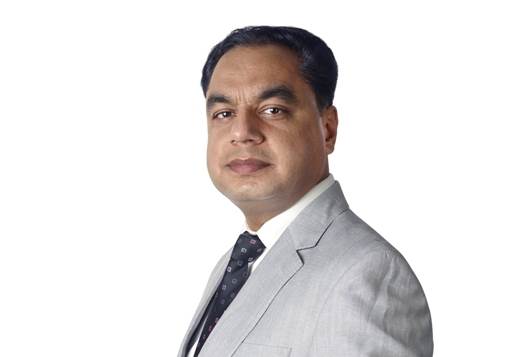
"We welcome the Union Budget. The finance minister has walked a fine rope of balancing social welfare with economic growth. In the backdrop of 2 consecutive weak monsoons, the government’s focus on rural sector especially farmer welfare, education, interest subvention on existing loans and skill development will inject strength in rural economy. The Rs 100,000 crore allocation on road and highways will accelerate connectivity and mobility across all geographies led by rural areas, which is very positive news for overall auto industry. Overall, we expect such measures once implemented, will revive the stagnant demand for two-wheelers in the rural market."
NISHANT ARYA, Executive Director, JBM GROUP
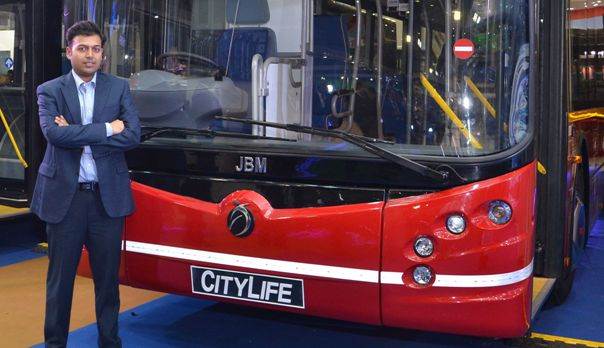
“This Budget paves the way for equitable growth through skill development and job creation which in turn would lead to an exponential increase in demand for goods and services in the economy. The government has proposed commendable measures to remove the economic inequities by giving the poor a higher budgetary provision while taxing the rich. The government has also moved ahead with Make in India campaign and promised easing of custom and excise duties to boost manufacturing in the country. Tax structure of small companies has been made favourable while large infrastructure companies can raise funds by issuing infrastructure bonds. Overall, this is a good Budget. The focus now turns to what happens to GST.”
FARROKH N COOPER, Chairman & MD, Cooper Corporation

“The Budget is pro-rural, pro-farmer, pro-common man. They have rightly seen the need to increase the income of the people who virtually live on grassroots and are the grassroots of the country. This in itself will generate tremendous GDP. We congratulate Mr Arun Jaitley for his vision and we are sure that in the history of India his Budget will be seen as a landmark.
We acknowledge the concessions he has given for the export sector and simplification of tax administration and litigation.”
ANAND SUNDARESAN, Vice-chairman & MD, Schwing Stetter India
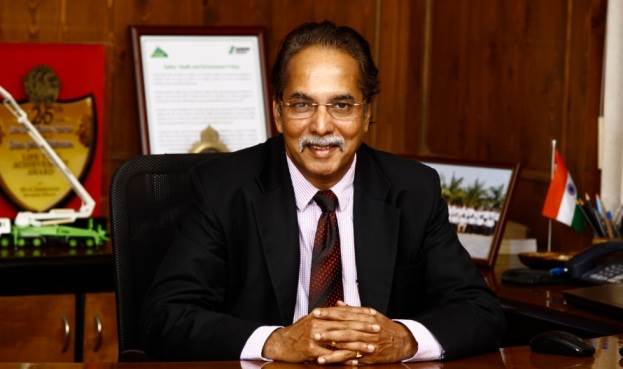
“The huge investment proposed on infrastructure development like roads, airports, railway and power projects will definitely give a fillip to construction equipment manufacturers. Road equipment manufacturers are likely to be benefitted the most because of the huge investments planned in the national highway sector as well as in the upgradation of state highway roads to national highway level.
After a dull period of almost 3 years, construction equipment manufacturers can look at growth in the coming years.
Significant emphasis on irrigation projects and rural road projects under the PMGSY scheme will also help the construction equipment industry. This will create enormous opportunities for smaller capacity construction equipment. I expect that current manufacturers will not be able to meet the anticipated demand, which will lead to opening up the opportunity to many new manufacturers. Many sops are also given for the building / real estate industry, which should give a boost to the sick real estate industry. The tax reforms and the expressway created for settlement of disputes on various infrastructure projects and PPP projects are most welcome. Overall, the Budget is quite good and progressive and will be an elixir to Make in India concept.”
MALLIKA SRINIVASAN, Chairman & CEO, TAFE

“The Budget recognises the serious rural distress in the country over the last two years and the need for a robust rural sector to achieve sustainable agricultural growth. Towards this, the strong emphasis on irrigation – particularly the focus on implementation of irrigation projects worth Rs 17,000 crore during the current financial year and an outlay of Rs 86,500 crores during the next five years – is very encouraging. In addition, a Rs 60,000 crore initiative towards conservation of ground water is laudable. It is heartening to note that an emphasis on MNREGA has been retained although the increase in allocation is modest, as original Budget allocation for 2015-16 was around Rs 35,000 crore. We hope to see improved implementation on MNREGA, as the implementation on the ground during 2015-16 was disappointing. The e-platform initiative and online procurement by FCI will give a fillip to farmer realisation and transparency. This will be a step towards Direct Benefit Transfer (DBT) for 100% of the subsidies to reach the farmers. Consistency of this approach and articulation of a clear roadmap has a clear potential to deliver on the government’s vision to double farm income by 2020.
The Rs 2.87 lakh crore allocation to Gram Panchayats, electrification of villages, the emphasis on state and rural roads will all go towards strongly shifting the growth agenda back to a more holistic balanced approach for India.
Overall, we welcome the agri and rural focus in the Budget and we believe that with the support of a good monsoon we can look forward to a more robust agri and rural growth in 2016-17.”
JOE KING, Head, Audi India
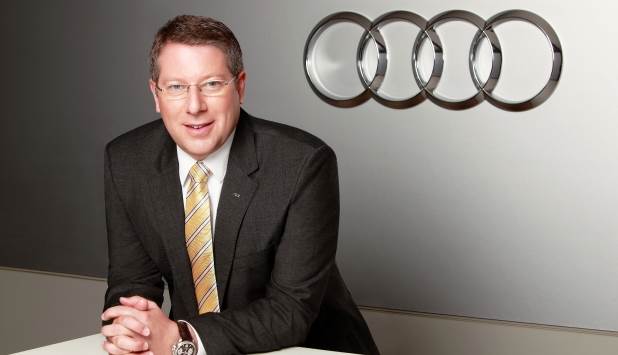
“The Budget presents a transformative agenda with clear-cut focus on initiatives for farmers, rural sector and infrastructure development. However, it negatively impacts the automobile industry. We are disappointed that the industry’s demand on reducing excise duty has not been addressed. On the contrary, 1% infra cess on petrol, CNG, LPG cars, 2.5% on small diesel cars and 4% on bigger diesel cars and SUVs has been added which will further affect the price and consequently demand. Also, we need to evaluate the impact of extra tax levy of 1% on purchase of cars above Rs.10 lakh. The government has not announced any positive initiatives for the industry which contributes so heavily to the manufacturing sector and overall economy.
However, we are pleased to see the increase in expenditure on infrastructural development with specific announcements like approval of 10,000km of National Highways and total investment in road sector at Rs 97000 crore in FY17 that should help in people getting better road infrastructure.
The finance minister has announced many measures which will support the common man including health protection scheme for health cover up to Rs 100,000 per family, raising personal IT, house rent exemption to Rs 60,000 from Rs 24,000 per year, first-home buyers getting an additional deduction on interest of Rs 50,000; and ceiling of tax rebate for tax payers with up to Rs 5 lakh annual income to be raised to Rs 5000 from Rs 2000. This should help the common man in increased savings. Also the target of 100% rural electrification by May 2018 is a great step in the path of development.”
Dr WILFRIED AULBUR, Managing Partner & CEO, India, Chairman Middle East, Head Automotive Asia at Roland Berger
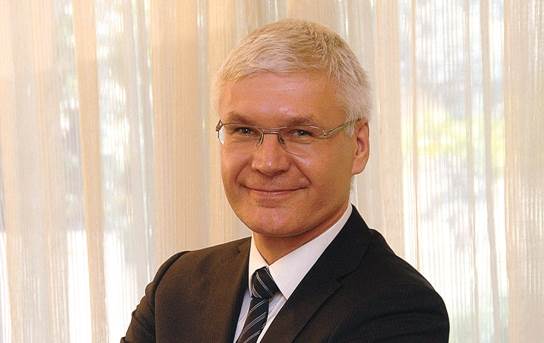
“Auto (passenger vehicle demand): The Budget overall has been muted as far as passenger vehicles are concerned. The charges on luxury vehicles and high-capacity SUVs may not dent sales but, clearly, these charges don't support demand either. The same holds true for the pollution cess on various car models.
Macro economy: Increased expenditure for rural areas is likely to increase rural demand and hence drive consumption. This would overall be positive for the industry, increase capacity utilisation and in the long run drive private capital expenditure. Together with the 7th Pay Commission and OROP, this hopefully puts enough money into the pockets of Indian consumers to support domestic growth. Global economies are not doing very well. Exports into many markets with low or negative GDP growth are falling and indicate the weakness in the global environment. Hence, India will have to generate her own success story focusing on domestic fundamentals.
Infrastructure investment impacting commercial vehicle demand: “Investments in roadways are positive for the commercial vehicle sector. Increased expenditure on infrastructure will lead to increased demand and will be beneficial for job creation. In particular, a greater investment in and leverage of India's coast line holds potential both for shipments within India as well as for exports. Cost competiveness of this option vs alternative transport options (e.g., road transport via trucks) needs to be ensured.”
Recapitalisation of PSUs: In this context, the proposed recapitalisation of public sector banks is positive as it will help clean up some of the challenges in the banking system. Going forward, this is positive for investments which in turn will drive growth and employment generation.
Entrepreneurship: An overall focus on entrepreneurship is laudable. Here care needs to be taken that everyday hurdles regarding opening, operating and closing businesses are eliminated. Some progress in this direction has been made, e.g., during the recent Startup India initiative. However, more can be done to really drive employment generation via the startup and entrepreneurial route.
Skill development: The aim to make 10 private and 10 public educational institutions world class is laudable. However, an overall increase in educational effectiveness would be more beneficial for industry to shorten time to talent when hiring new employees. Skilling of youth is also positive. The key will be to ensure close co-operation between government and industry to ensure the right skill sets are being imparted.”
RELATED ARTICLES
Bosch hydrogen engine tech-powered truck to be on Indian roads this year
The global supplier of technology and services is betting big on both electromobility and hydrogen. While announcing the...
IIT Bombay inaugurates Arun Firodia Research Floor
IIT Bombay, one of India’s top technical and research institutions, honours Kinetic Group chairman Dr Arun Firodia, one ...
Maruti Suzuki expands capacity at Manesar plant by additional 100,000 units
New assembly line at Plant A expands total manufacturing capacity at the Manesar plants to 900,000 units per annum. Alon...





 By Autocar Pro News Desk
By Autocar Pro News Desk
 29 Feb 2016
29 Feb 2016
 4265 Views
4265 Views



